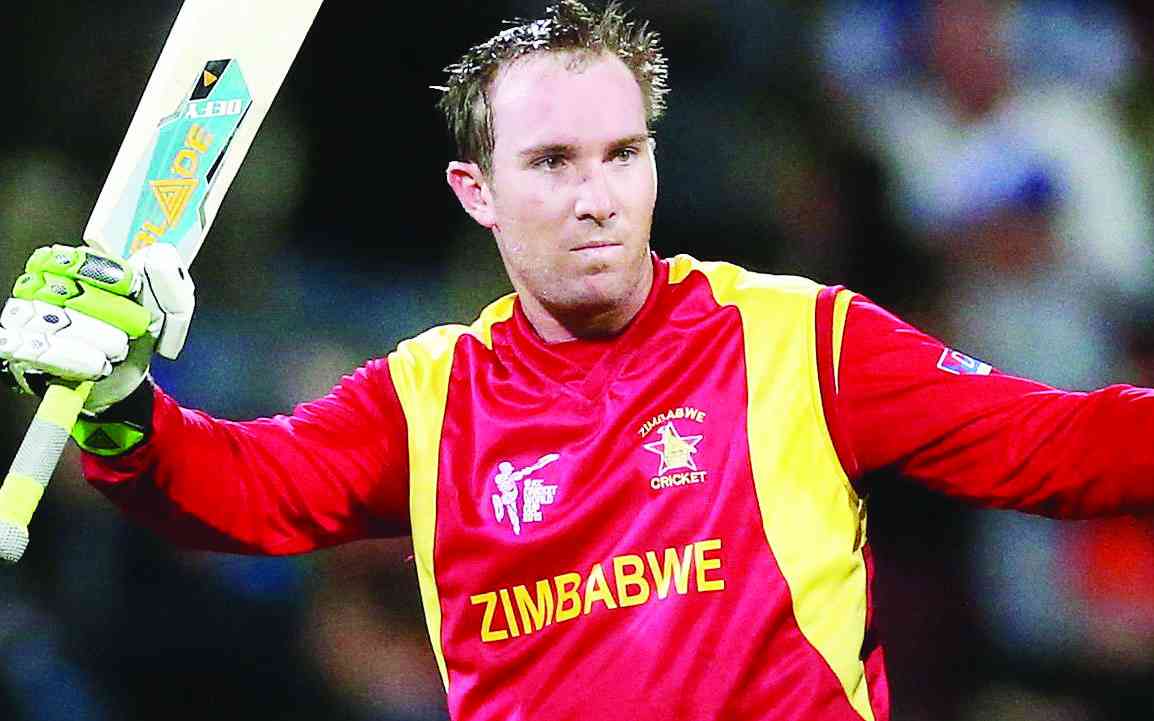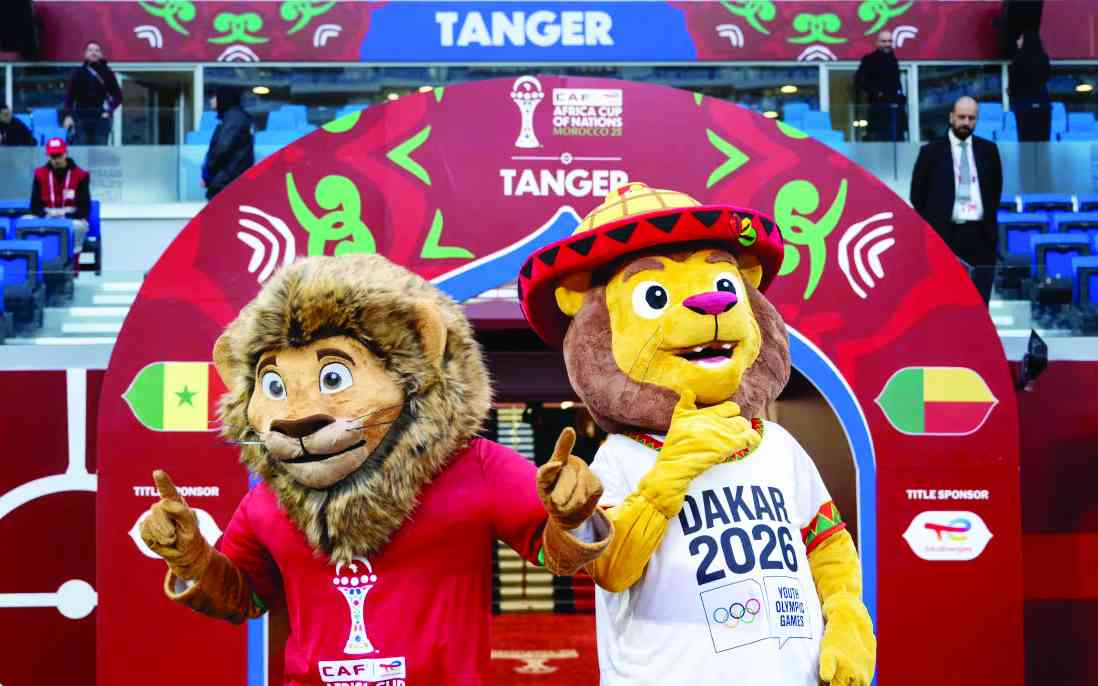
GORDON Ramsay is perhaps the one celebrity most well-known for his use of the F word, though it is probably a consequence of a quick temper and high expectations of others. He has, of course, become hugely successful, not in his beloved soccer (where he did have trials for Glasgow Rangers before having to quit due to a serious injury), but in the world of cooking.
His notoriety for using the F word led him, no doubt, to name a television series entitled ‘The F Word’, in which he hosts celebrities in his restaurant, each series is based on different themes. He delights in, almost specialises in, the F word; it has become his trademark.
However, we do well to understand that the F word can actually refer to three other F words, each of which is also seen to be banned from public conversation and in each of which we are all involved. “You’re” all involved in Fixt-ure, Fail-ure and Fut-ure, (as each ends in ‘-ure’) while the three are all integrally involved with each other and are completely necessary.
Fixture, to some people, is a dirty word. The implication in ‘fixture’ is that it is by very nature competitive and for some people that is not good.
There are some who think it is bad for children’s self-esteem to lose so there should be no winning and losing; everyone should be a winner.
It is we, however, who are failing if we take such a view. Children’s self-esteem need not be affected by the result of a match; it will only be affected by the way we as coaches and parents treat it.
Children need to learn how to handle such disappointment in defeat for them to develop as a person and as a player. They will all fail at some stage and so need to know how to handle it, through fixtures.
We also need fixtures to measure progress, even if the score is totally one-sided. In such moments, if one team is leading another by a long way early on, then rather than abandoning the fixture (which might be the temptation, though it would have wasted everyone’s time), it would be better to swap players around and mix the teams up so that it is a fairer fixture. Fixtures must remain a fixture.
- A celebration of being together
- School of sport: For everything there is a season
- School of sport: MAN UNITED IN GLORY
- Time, gentlemen, please
Keep Reading
The reality with regard to ’fixture’ is that no player is a fixture in a team but must prove to himself each match that he is worthy of a place in the side.
The old adage of “you’re only as good as your last match” is very relevant here. Fixtures keep players on their toes and push them further.
Fixture, though, will lead to failure. Even within a victory, individual players may experience failure. Not every player will succeed with the bat in cricket, while every bowler at some stage is going to be hit for a six even if they take a wicket.
Even in defeat, individual players may fail to score a goal or try, to keep a clean sheet, to pass the ball accurately every time. Failure happens to us all.
But for many people, failure is an even dirtier word; it is seen as a swear word, one that should never be mentioned.
It is thought that even just mentioning the word in passing will increase the likelihood of it happening. We must not even put the idea or the possibility in anyone’s mind. Oh, yes, we must.
The next point we need to understand is that failure will determine our future. How we handle failure is going to affect the way we live in the future.
If we treat it positively, as a means to grow and develop, we will be stronger just as we need to break down muscles for them to become stronger.
Everyone needs to experience failure; it is part of the curriculum. However, if we treat it negatively, as a disaster and become downcast and demoralised, then the future will not look bright. Failure and the future go together. You’re in them both, entirely.
But then we will go full circle for we will find that our future will inevitably and essentially include fixture again. There needs to be further progress and for that to happen we need to be testing ourselves, not against others but through others. The future however is not a fixture; it is not fixed in one place. It can go either way, depending on how we view failure.
So, it is -ure (your) choice how you handle those F words ending in ‘-ure’. Gordon Ramsay looked at his failure to break through in soccer as a way of defining his future and it is now the fixtures, the competition, that keeps him going and fires him up.
It is not simply the other F word that fuels the fire within him. Failure is a fixture in our future; it is here to stay. “You’re” in the F word. I swear that is the truth.
Tim Middleton is a former international hockey player and headmaster, currently serving as the Executive Director of the Association of Trust Schools Email: [email protected]











